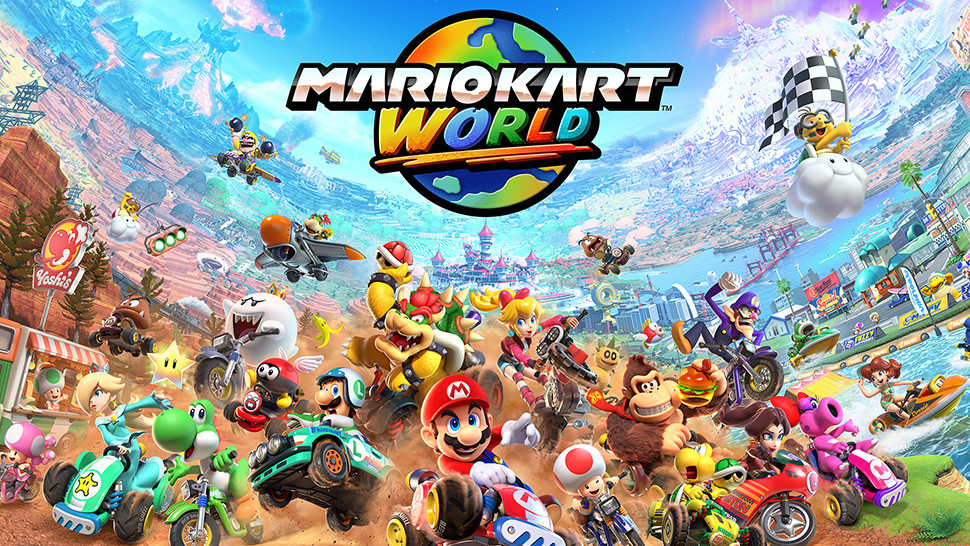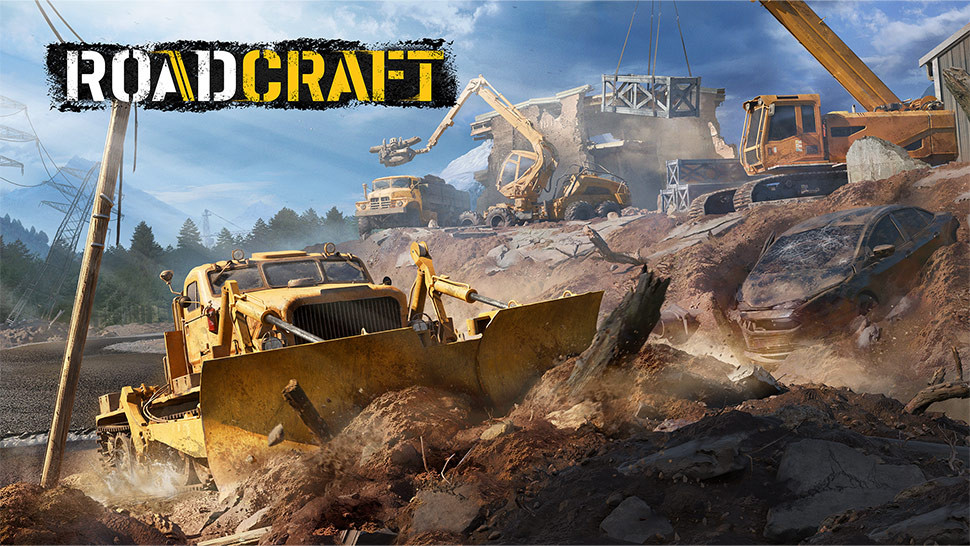Gemini Wars Review
 By Marcus Jones | Dec 2, 2012
By Marcus Jones | Dec 2, 2012
Gemini Wars, for being based off of such an old-style of gameplay, was surprisingly fun for me. It felt like the classic Real-Time Strategy games from the late 90’s and early 00’s, especially StarCraft, but with the feel of Sins of Solar Empire without all of the clutter. It felt very clean and easy to play and even easier to just pick up and go. That just doesn’t necessarily mean that most players are going to be running out of the house in a frenzy (or clicking frantically through Steam) in an effort to pick this title up.
The campaign of the game centers around the fight between the USF and Alliance, as players take on the role of Captain Cole. Cole has spent the better part of 3 years in exile, away from the raging conflicts between the Alliance and USF. Coming back into duty for the USF, he not only must become acclimated with all of the new technology (have to work in that tutorial somehow), but he must defend, attack, and ultimately succeed in the war. It’s his job after all.
It’s an interesting enough campaign, but nothing to write home about. The graphics for the different cutscenes and in-game updates were very reminiscent of older RTS titles to the core. They even kept the same look and feel – the same movements over and over as someone explains the next mission update. Even the mission briefing screen feels like it was straight out of StarCraft. Mimicry is a form of flattery, right?
Aside from the 2D menus, the game itself takes place in a 3D world. Ships are 3D, space expands around, planets rotate, etc. It’s actually quite the gaze and zooming in on the ships shows some great attention to detail on the part of the developers. The units and ships themselves still act as if they were on a 2D plane. They line up on the same “level” of space as everyone and everything else (with the exception of colonies and stations, which are in the background). It’s the standard RTS flair, but I will say it would be cool if a game based solely in space would utilize the fact that space, is well, three-dimensional.
Going off the classic look and feel of the game, it even plays like many older titles. Players must build shipyards and military stations to produce ships, and while that is going on they need to set up mining operations in the nearby asteroids to fund their war effort. Once again, going back to the clean and easy aspect, there is only 1 true form of currency within the game. Minerals will go to the construction of everything – ships, colonies, new stations. The only thing it doesn’t fully affect are the research points gathered from building research stations (using minerals of course). Building multiple research stations is the key to ramping up how fast you gain access to the later equipment and upgrades. Beyond all of these though – it’s a matter of highlighting all of your units and sending them out to fight the enemy. If you played any real-time strategy game in the last 15 years, chances are you will have no problem with Gemini Wars. And even if you haven’t played one, you’ll still do fine.
What I really enjoyed was the skirmish mode of the game, but that is because I’m a fan of the ability to play as I want. It gives you the ability to toggle your starting resources, the number of asteroid fields and planets available, and your opponents and how strong they are. I tooled around in this mode more than the campaign itself and had quite the blast. It still suffers from some of the same problems and minor glitches from the rest of the game, but it’s still more fun. I could just never figure out how to actually finish the games I jumped into. In one particular one, I built an armada the likes have never been seen anywhere and eventually invaded ALL of my opponents’ systems, destroying everything they had. Then I continued to just…play. The game didn’t end, even after I sent ships to every system and asteroid belt I could find. Sure, there were dead ships (for all intents and purposes) floating around in space, but that was all I could find. Many of my games would end this way where I sat there waiting for the “You win!” screen, eventually just quitting out on my volition.
Coming from my time in skirmish mode are where my actual gripes with the game actually begin though. Speaking of those dead ships – after disabling engines, weapons, and life support, enemy ships will continue to float around. They do not do anything and I never had the ability to send troops over, even though it’s an option on some ships. The fact that they stayed on the map and on my radar made it confusing – was I supposed to go do something else, or just continue to leave the hulk in space?
The biggest downfall I came across though was the tech tree and research therein. I don’t mind research in games – it actually gives me something to shoot for and I like the “race for this asap” aspect of it. In this game though, the research trees are very limited and straightforward. Some of the more useless things are required to reach the higher levels as expected, but when I say useless it was to the point where I never even used the technology. Ones I did research, like planetary defense cannons, would already be present on colonies and unbuildable. These things sort of conflicted with one another during my playtime and made it seem like some of the research is pointless anyways.
Simply Put
Will everyone enjoy this game? No, probably not. Real-time strategy has changed greatly in the past few years with many of the newer titles coming out, and this one doesn’t necessarily hold up to the big AAA ones. For older fans of the genre and everything, they might find a short-term home with this game. Aside from the hiccups here and there and the research tree, the game offers some very classic gameplay. There just isn’t much to the game aside from the basic stuff and it’s only going to hold your attention for a while. If anything, I felt the urge to crank up my old RTS games after enough time with Gemini Wars.
Note: Gemini Wars was reviewed on PC. A digital copy of the game was provided by the publisher/developer.




